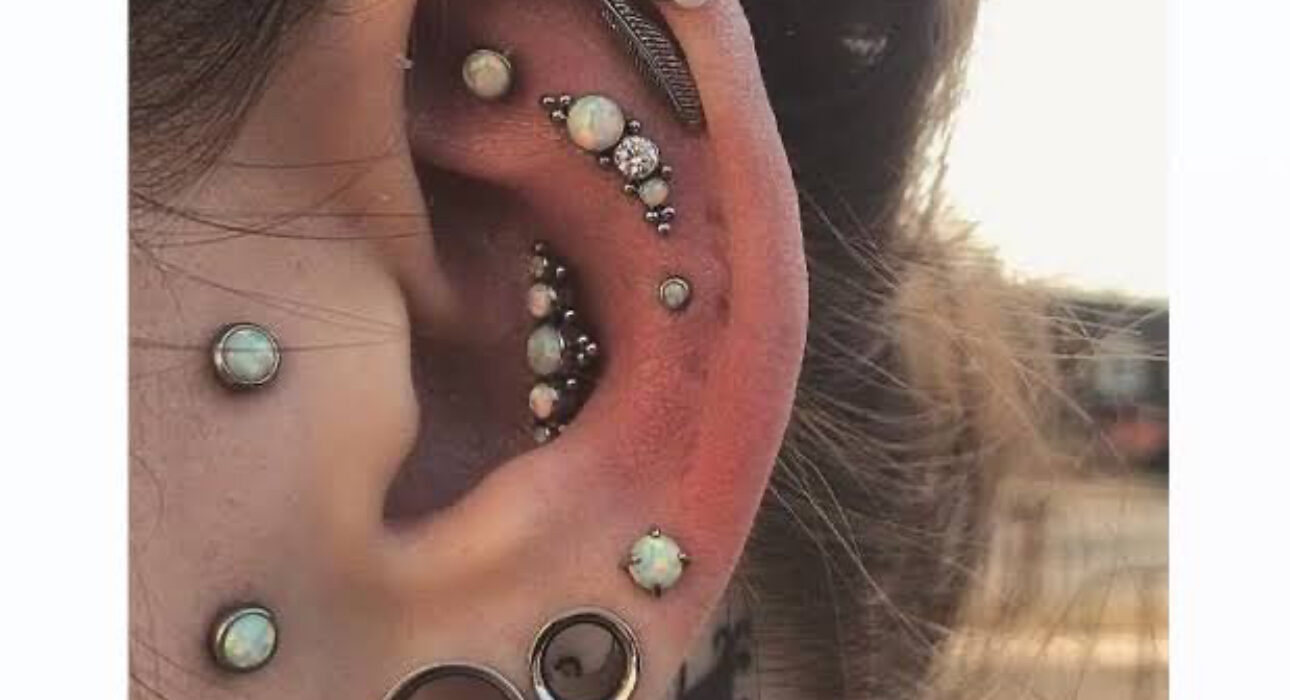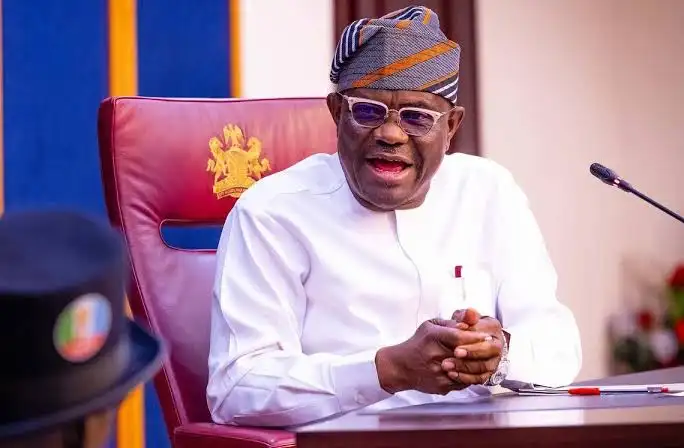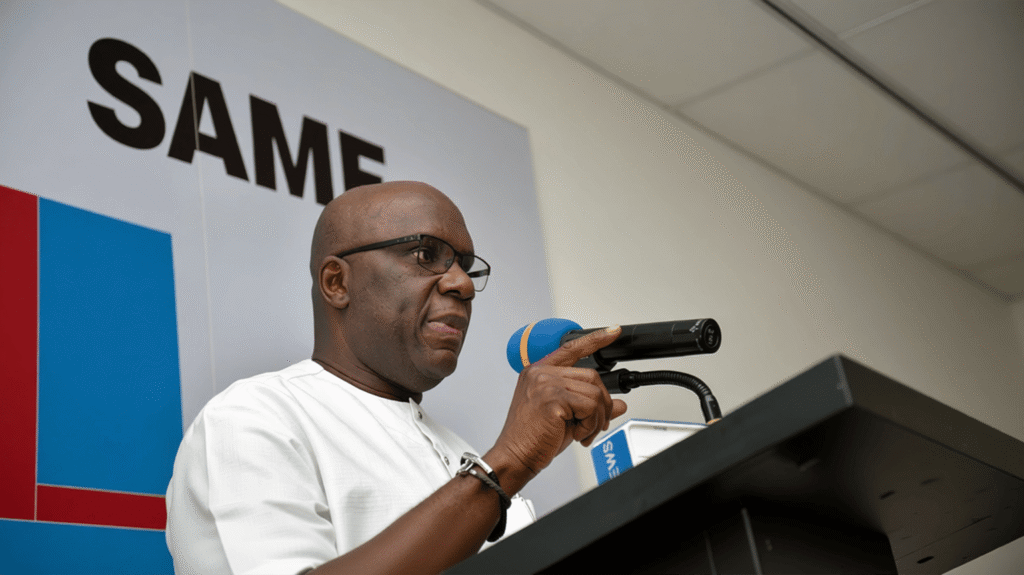Beyond Fashion: Lagos Youths Share the Stories Behind Their Body Piercings

In the bustling streets and markets of Lagos, body piercings are emerging as more than just a fleeting fashion trend. For many young people, they have become a canvas of self-expression, a declaration of identity, and in some cases, a quiet act of defiance against societal expectations.
At Tejuosho Market in Yaba, business is booming for roadside beauticians and body modification specialists. Young men and women now throng these parlours for tattoos and piercings, often at affordable rates.
For some, the decision is tied to personal identity. A 25-year-old Lagos woman explained that piercings give her confidence and align with her professional lifestyle, saying they “feel like an extension of who I am.”
For others, it is a blend of fashion and business strategy. Gabriel Achonu, a boutique owner from Benue who lives in Lagos, sees his multiple ear and facial piercings as both an expression of style and a way to draw attention to his brand.
He admits the pain was initially unsettling but now considers his piercings part of his signature look.
The journey, however, has not been the same for all. Hannatu Abdulwahab recalled being branded “wayward” and even called “mannerless” after getting a double nostril piercing. Over time, though, the criticism waned, and she feels more accepted in her community.
In contrast, Aisha Adio, who pierced her second nostril in 2023, faced little to no backlash except at her National Youth Service Corps camp, where piercings were temporarily restricted.
Meanwhile, women like Adebimpe Adetunji, who in her youth was discouraged by cultural expectations from getting a nose piercing, now feel freer to embrace subtle styles later in life.
The rising popularity of body modifications has sparked wider conversations. Academic surveys reveal that while many young adults—31 percent—say fashion drives their choices, nearly 40 percent of peers still view body piercings as reckless or irresponsible.
This tension reflects Nigeria’s cultural balancing act: traditional values, colonial-era conservatism, and modern youth culture constantly intersect.
There are also health concerns. Experts warn of risks such as allergic reactions, infections, nerve damage, and even the spread of hepatitis when piercings are done in unregulated roadside parlours.
Reports of unsafe practices, including the reuse of instruments, have fueled these worries. Despite the risks, the industry continues to thrive, sustained by youth demand and amplified by the influence of social media, where influencers showcase diverse piercing styles and encourage self-expression.
For Lagos youths, piercings are no longer confined to aesthetics. They are becoming deeply personal—symbols of resilience, identity, and belonging in a city where trends are born and redefined daily.









